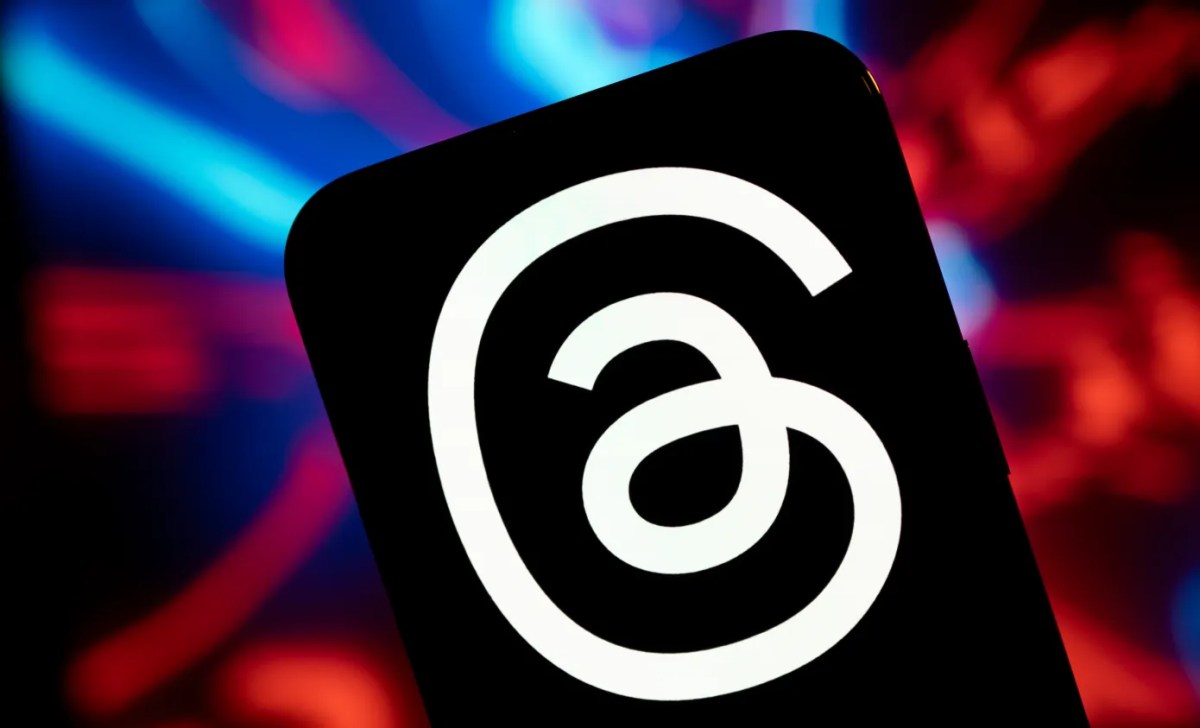The Federal Trade Commission (FTC) announced on Tuesday that it will be taking action against the online cash app and neobank Dave, which it says used “misleading marketing to deceive consumers.” At issue is how Dave marketed $500 cash advances to consumers that it rarely offered, and the “Express Fee” it charged if customers wanted their money immediately.
The FTC claimed the service was misleading because Dave’s marketing implied that its cash advances would be “instant,” using terminology like “on the spot” to describe them, without disclosing the fees involved until after the consumer completed the sign-up process and gave Dave access to their bank account.
The fees ranged anywhere from $3 to $25, the complaint stated. If the user chose not to pay the fee, they’d have to wait two to three business days for the standard transfer to go through, the complaint says. What’s more, the FTC says, Dave would also sometimes charge a surprise fee, which it described as a “tip.” The user interface was designed to make this difficult for users to detect or avoid the fee, leading to consumers feeling scammed, according to the FTC.
This latter issue is another example of the “dark patterns” — or manipulative design practices — companies use to guide users to take actions benefiting their own goals, not the consumers. Examples of the type of behavior the FTC now wants to penalize are things like automatically checking boxes when users sign up, or showing larger buttons for the actions the company wants users to take.
According to a recent study by the agency, a majority of subscription apps and websites use dark patterns to trick consumers.
In Dave’s case, consumers were shown images of a cartoon child surrounded by food and messaging like “10 Healthy Meals,” “15 Healthy Meals,” or “20 Healthy Meals,” implying that the tip would go to providing meals for people in need. However, the FTC says that only 10 cents of each “tip” is donated and the company keeps the remaining amount. In other words, the tip doesn’t actually provide a full meal, much less 10 to 20 meals. Also, when consumers tried to lower their tip, they would see an image of the food being taken away from the child until they were left with an empty plate, the complaint says.
According to SEC filings, Dave received more than $149 million in revenue from tips from 2022 through the first six months of 2024, the FTC said.
Another issue was that Dave charges a $1 monthly membership fee debited directly from customers’ bank accounts. But when users discovered the fee, they were not able to easily cancel it, according to the complaint. Some even tried to delete their account to escape the fee and were still charged, the FTC says.
The full complaint includes several screenshots of Dave’s tricky techniques, which the FTC says are in violation of Section 5(a) of the FTC Act and the Restore Online Shoppers’ Confidence Act (ROSCA). The agency is seeking an injunction to stop Dave from continuing its behavior and may also seek a monetary award or other relief as deemed by the court.
In response to the complaint, Dave said that it’s “disappointed” the FTC has chosen to file suit.
“The FTC asserts many incorrect claims regarding Dave’s disclosures and how the Company acquires consent for the fees associated with our products,” a company statement reads. “For the avoidance of doubt, Dave’s ability to charge subscription fees and optional tips and express fees is not in question. We believe this case is another example of regulatory overreach by the FTC, and we intend to vigorously defend ourselves. We take compliance and customer transparency very seriously and believe that we have always acted within the law. We remain focused on serving our members who love and rely on our products,” it said.




